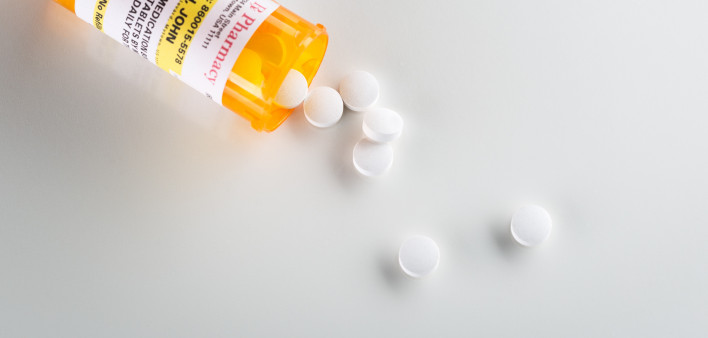People with opioid use disorder (OUD) who manage to stay off the drugs succeed as the result of considerable persistence and with the help of multiple supportive services, such as the prescription of medication-assisted treatment (MAT). The first-ever national study of OUD recovery found that abstaining from opioids for the long term was apparently more challenging than curbing alcohol use disorder (AUD).
Publishing their findings in the Journal of Addiction Medicine, Lauren A. Hoffman, PhD, Corrie Vilsaint, PhD, and John F. Kelly, PhD, from the Recovery Research Institute at Massachusetts General Hospital and Harvard Medical School, analyzed 2017 data from the National Recovery Survey. The survey provided them with a nationally representative sample of adults who reported having a “problem with drugs or alcohol” in the past.
Based on the survey data, the investigators estimated that 1.18 million American adults have resolved what they called a primary opioid use problem.
The study authors divided their findings according to individuals who had achieved longer-term recovery, defined as one to five years since resolving an alcohol or opioid problem, or early recovery, defined as being in the first year of recovery.
Those who had resolved an opioid problem were more likely than those who had done the same for an alcohol problem to report having used formal addiction treatment, pharmacotherapy (using medications such as methadone or buprenorphine), recovery support services and mutual help (including Narcotics Anonymous or Alcoholics Anonymous).
In a press release, Hoffman specified: “Those who resolved an opioid problem in mid-recovery were four times as likely to have ever used pharmacotherapies, two and a half times more likely to have used formal treatment and about two times more likely to use recovery support services and mutual help organizations compared with individuals who reported resolving an alcohol problem and were in mid-recovery.”
Hoffman continued: “We didn’t find those differences in the first year [of recovery], and this is important because taken together, it suggests that individuals with an opioid problem might require additional treatment or additional resources to achieve longer and more stable recovery duration.”
The study also found that during early recovery, people in the opioid group reported higher self-esteem than those in the alcohol group. However, during the mid-recovery period, self-esteem was lower in the opioid group, perhaps related to the greater challenges associated with long-term recovery from OUD versus AUD.
In particular, respondents with OUD, compared with those with AUD, reported higher levels of social stigma and fewer resources available to support their recovery and were less likely to disclose being in recovery to others.
To read the study abstract, click here.







Comments
Comments